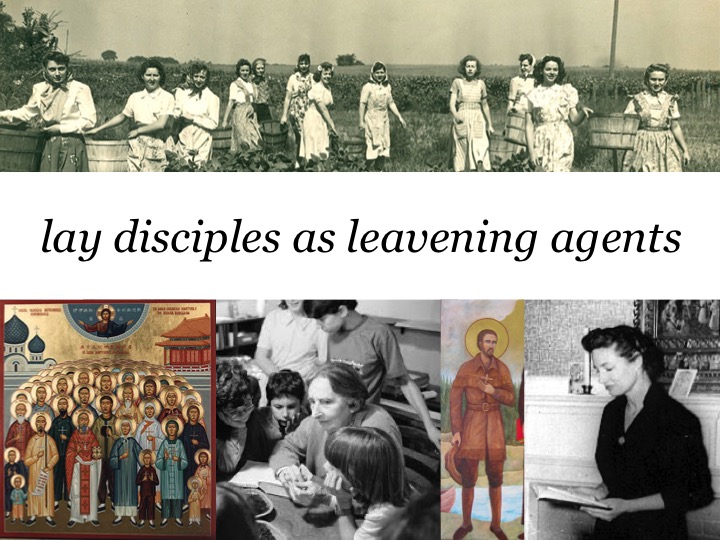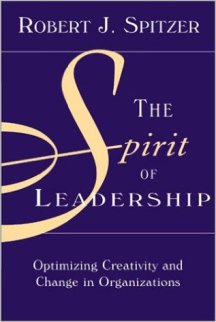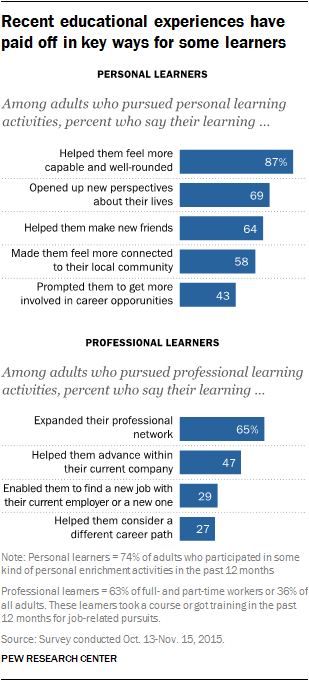Are you recognizable to the average attendee at your parish? Should you be?
Good question.
I’ll backpedal a bit first…one of the things that surprised me when I began formation as a lay ecclesial minister was that the question of if, say a Director of Evangelization, Adult Faith Formation Coordinator, Director of Religious Education, etc. should be a parishioner at the same parish where he/she is employed. Coming from significant time in evangelical Protestant settings, I found this culturally perplexing–I’d never known anyone on ministry staff in any of my Baptist churches that maintained “membership” elsewhere.
There’s as much individual variety in this question as any, i.e. circumstances where a person works far from where they live due to family or financial needs, situations where language/cultural differences in parishes drive a specific choice, times when one’s “home” parish simply doesn’t offer any employment opportunities in a person’s field, etc.
But, let’s enter a generic (aka like none of our lives!) situation, an imaginary vacuum of sorts. Chris Wesley asks the essential question: “If someone needed a youth minister [in your parish/church] would they know exactly who to walk up to?” I encourage you to frame it more broadly and ask this: is your position on staff as a lay ecclesial minister one that a person who is less-engaged (i.e. not attending Mass weekly, checking parish website, etc.) would need to talk to?
Maybe it’s because you’re leading the RCIA team or Alpha–ministries where the less-engaged might find a starting point. Maybe it’s because you’re key for helping people discern their gifts and connect to ministries to serve in. Maybe it’s because you’re coordinating children’s ministries and rarely get a chance to talk to the adults who drop-off kids at your programs.
If this seems like you, Wesley sends an encouragement to simply be present around weekend Masses. Not in a way that compromises your own participation in worship and liturgy–but as something intentional flowing from your staff role. (See Must-Implement Concept #9 on the importance of including this in job descriptions). Doing this, Wesley writes, “not only maximizes your impact, but creates a loving and relational culture. That type of environment is why people will come back to your church.”
Be present and be approachable.
How you do this will depend on your role, your personality, your parish, and more. But the point is to do it. Take the step to offer more connection, more person-to-person contact, and see what fruit it brings in terms of relationships with those you serve–and fruit in your own spiritual life. Many in ministry recognize a humility in being behind the scenes–and this is a good thing. However, you’ll never know how God may be wanting to use you to offer a smile, a well-spoken word, a consolation, a hug, much needed empathy, or simply a reminder that they are not alone, to those who aren’t at your “regular” ministry events. Our parish campuses/grounds are the perfect place to first embody the love of Jesus that we week to bring to the entire world.





 I was excited to take a look at Fr. Robert Spitzer, S.J.’s book The Spirit of Leadership: Optimizing Creativity and Change in Organizations (2000) since I study/teach leadership, management, and ethics [in both secular and faith-based settings] and rarely see books that specifically explore
I was excited to take a look at Fr. Robert Spitzer, S.J.’s book The Spirit of Leadership: Optimizing Creativity and Change in Organizations (2000) since I study/teach leadership, management, and ethics [in both secular and faith-based settings] and rarely see books that specifically explore 